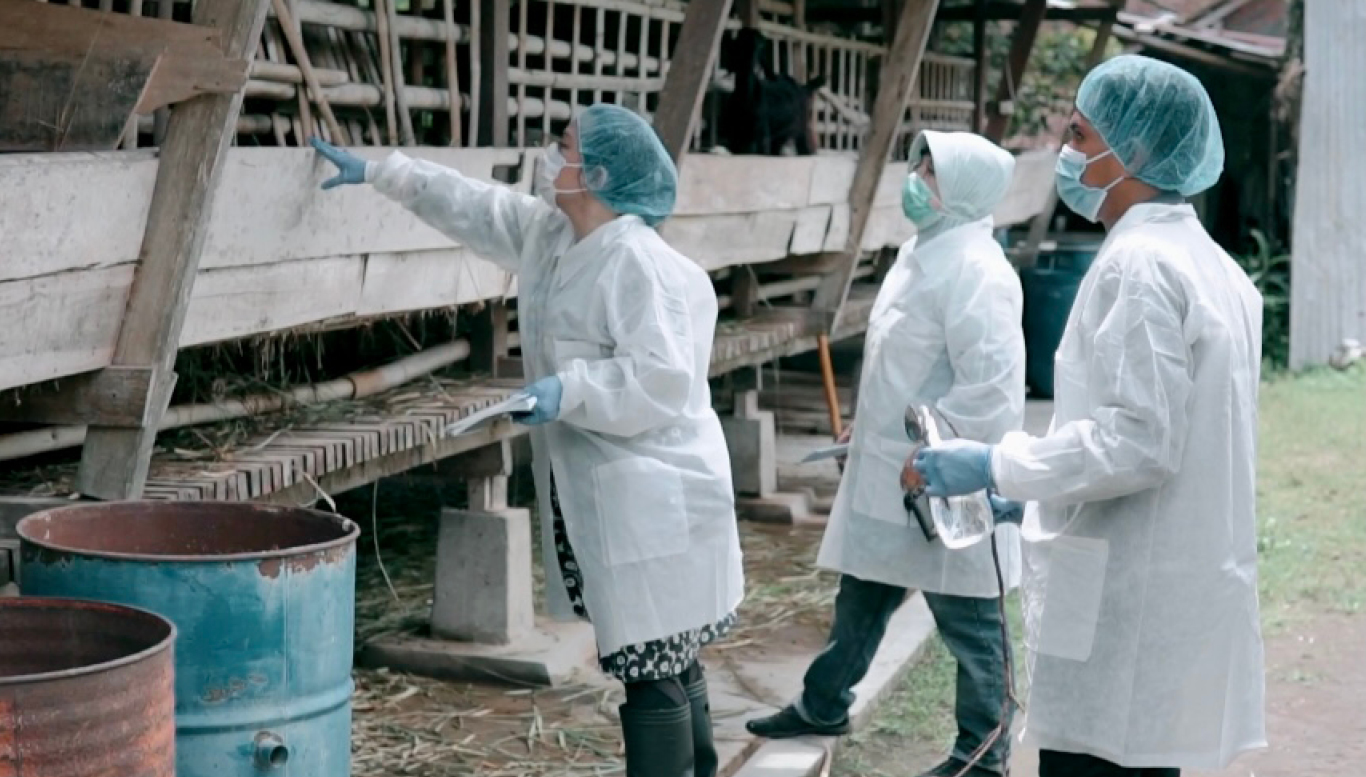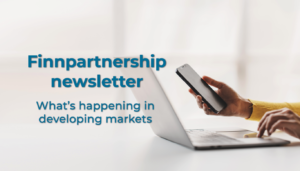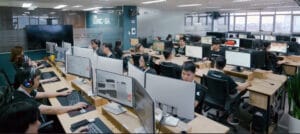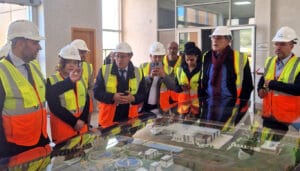Striving for global monitoring of antibiotic-resistant bacteria

Finnish health technology companies offer solutions to major health threats in Africa, Asia and globally. The UN member states have agreed on the Sustainable Development Goals by 2030. One of the goals (SDG 3), is to ensure heathy life and well-being for all ages. Resistomap in one of the companies that have received Finnpartnership’s Business Partnership Support. Finnpartnership helps companies to make profitable business while helping to achieve the SDG goals.
The spread of superbacteria is a global threat
The spread of antibiotic-resistant bacteria is a global health threat. Antibiotic-resistant bacteria is most commonly detected in countries where pollution levels are high, particularly due to man-made pollutants, and where antibiotics are widely used. The risk of antibiotic-resistant bacteria developing is particularly high in developing countries where antibiotic use has not been restricted in the same way as it has in Western countries. The situation needs to be monitored closely. More data and expertise on superbacteria and how to manage the risk they pose is needed, particularly in developing countries.
Striving for global monitoring of antibiotic-resistant bacteria
Resistomap Oy offers research institutes, health care organisations and companies in the food and agricultural industries environmental monitoring services that can detect antibiotic-resistant bacteria. The long-term goal of the Finnpartnership-supported project is to develop environmental monitoring of antibiotic-resistant bacteria on a global scale, explains Resistomap’s CEO Windi Muziasari.
Finnpartnership launched the project by funding a study conducted by Resistomap in collaboration with their partner in Indonesia, Universitas Gadjah Mada Biotechnology Centre (UGM), which provided laboratory services. The pilot project was launched in 2020 in cooperation with three Indonesian hospitals. Resistomap filters DNA samples from the hospital waste water for bacterial genes associated with antibiotic resistance.
Sending the environmental samples themselves to Finland would require a lengthy authorisation procedure, which is why only the DNA extracted from the samples is sent. Currently, the DNA is extracted by a partner organisation, but Resistomap intends to establish their own central laboratory in Indonesia during the next stage of the project. In addition to samples from Indonesia, the laboratory will also be able to receive environmental samples from other countries in Asia. With the establishment of the central laboratory, Resistomap also plans to set up a subsidiary in Indonesia. In the even-longer term, Resistomap’s goal is to work with the UN to build a global digital database of antibiotic resistance in the environment.
The early stages of the project will train partners and support female researchers in their scientific careers
“We were introduced to many potential partners during the first two stages of the project and this year, in the third stage, we are going to be evaluating partners for our central laboratory,” Muziasari explains.
Awareness of superbacteria will be spread through the partner employees trained as part of the project, allowing the spread of the bacteria to be curtailed in time. The project also produces new data on antibiotic-resistant bacteria and their identification. The partners trained by Resistomap will also be able to continue their work to identify antibiotic-resistant bacteria in fertilisers and the agricultural sector in Indonesia with funding procured through other channels.
“It’s great that Finnpartnership wants to support women. That’s why, while we are in the pilot stage and our operations are still small-scale, we have been hiring exclusively women into the project. It isn’t easy for women to progress in high-skilled industries in Indonesia, and we want to give them encouragement and opportunities.”
Finnpartnership’s support has been important
“Finnpartnership requires us to report on the development impacts of our operations, which means we are consistently analysing them. Considering the impact we have is always important, but it is doubly so in developing countries because we don’t want to create any additional problems,” explains Resistomap’s CEO Windi Muziasari. “Finnpartnership has shown us how to take sustainable development goals into consideration and analyse our development impacts. This has been invaluable for us as we apply to other organisations for more project funding. Finnpartnership’s financial support has allowed us to travel to Indonesia, without which meeting with local partners would have been difficult. Projects with extremely long-term goals like this one come with such great financial risks that we simply wouldn’t have been able to undertake it without Finnpartnership’s support.”
Share on social media


